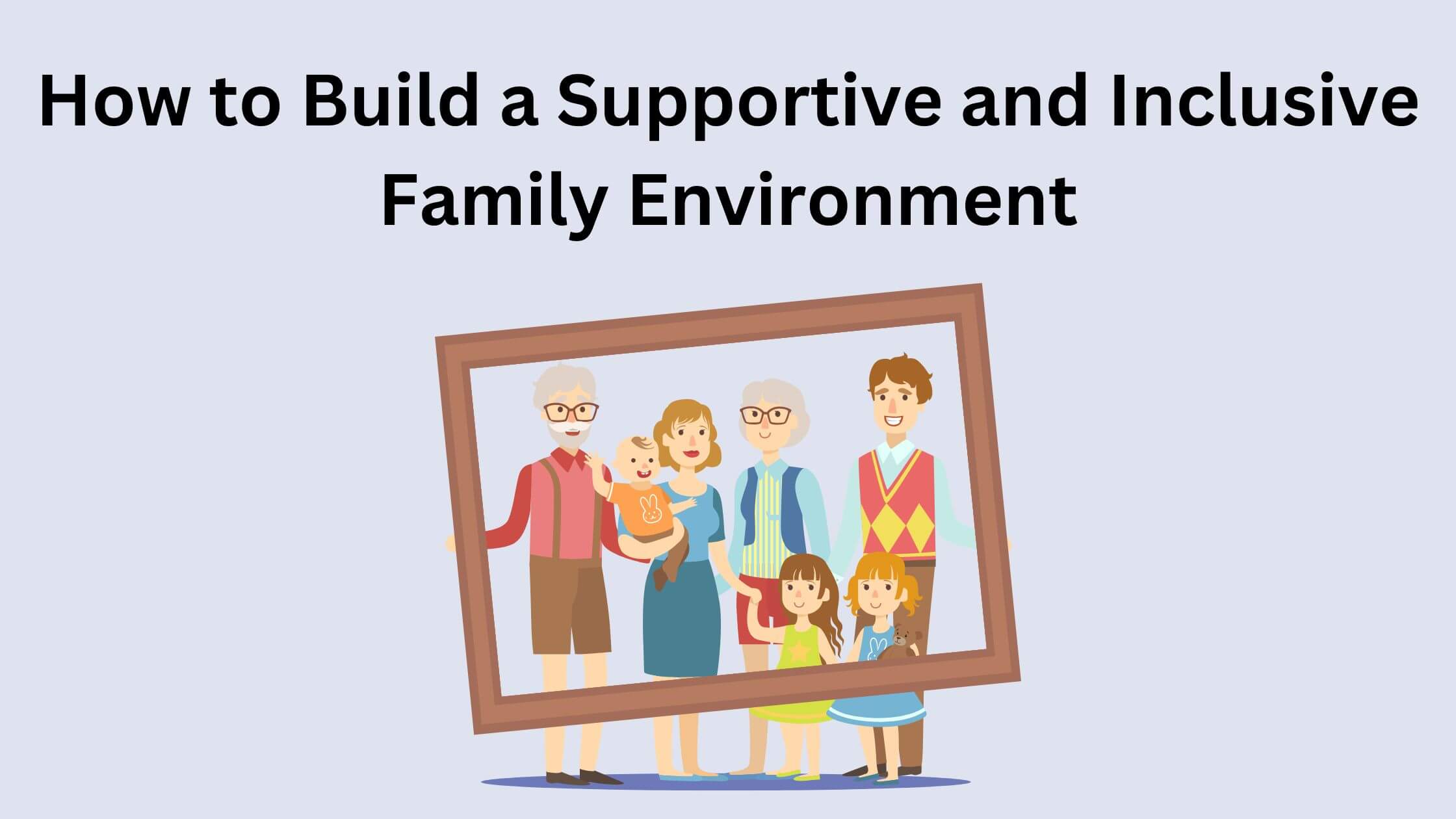A happy family is the foundation of a thriving society. When families are happy, they are more likely to be supportive, loving, and caring, which can have a positive impact on the community as a whole. However, with the increasing demands of modern life, many families struggle to find time for each other, leading to feelings of disconnection and unhappiness. In this article, we will explore the importance of nurturing family happiness and provide practical tips on how to build a joyful home.

Why is Family Happiness Important?
Family happiness is essential for the well-being of both children and adults. A happy family provides a sense of belonging and security, which is vital for emotional and psychological development. When families are happy, children are more likely to feel confident, secure, and resilient, leading to better academic performance, improved mental health, and stronger social skills. Moreover, happy families are less likely to experience conflict, domestic violence, and substance abuse.
Tips for Nurturing Family Happiness
-
Spend Quality Time Together: With increasingly busy schedules, it can be challenging to find time to spend together as a family. However, regular family time is crucial for building strong relationships and creating lasting memories. Set aside at least one hour a week for family activities, such as game nights, movie nights, or outdoor activities.
-
Practice Gratitude: Gratitude is a powerful tool for cultivating happiness. Take turns sharing three things you are thankful for each day, no matter how small they may seem. This practice helps to shift focus from what’s lacking to what you already have.
-
Show Affection: Physical touch is essential for releasing oxytocin, the happiness hormone. Show affection to your family members through hugs, kisses, and cuddles. This can help strengthen bonds and create a sense of warmth and comfort.
-
Communicate Effectively: Communication is the key to resolving conflicts and building strong relationships. Practice active listening, use "I" statements instead of "you" statements, and avoid criticism or blame.
-
Create Family Traditions: Family traditions provide a sense of identity and belonging. Create special rituals, such as weekly dinners, holiday celebrations, or annual vacations, that your family can look forward to.
-
Prioritize Self-Care: Taking care of yourself is essential for maintaining a happy and healthy family. Prioritize self-care activities, such as exercise, meditation, or hobbies, to reduce stress and increase energy levels.
-
Show Appreciation: Show your family members that you appreciate and value them. Express gratitude through small gestures, such as surprise gifts or notes of appreciation.
-
Set Boundaries: Establishing clear boundaries helps to maintain a sense of respect and responsibility within the family. Set rules and consequences for misbehavior, and be consistent in enforcing them.
-
Practice Forgiveness: Forgiveness is an essential component of family happiness. Practice forgiveness by letting go of grudges and resentments, and work towards resolving conflicts in a healthy and constructive manner.
-
Seek Help When Needed: No family is perfect, and conflicts are inevitable. Seek help from therapists, counselors, or support groups when needed, to work through challenges and strengthen relationships.
Frequently Asked Questions
Q: How can I make time for family activities when I have a busy schedule?
A: Start small by setting aside 15-30 minutes a day for family activities, such as reading together or playing a game. Gradually increase the time as your schedule allows.
Q: How can I get my teenager to participate in family activities?
A: Involve your teenager in the planning process and let them choose the activity. This will help them feel more invested and engaged.
Q: How can I deal with conflict in my family?
A: Remain calm, stay focused on the issue at hand, and practice active listening. Avoid blaming or criticizing, and work towards finding a resolution that works for everyone.
Q: How can I prioritize self-care when I have a large family?
A: Start small by taking short breaks throughout the day, such as taking a walk or practicing deep breathing exercises. Gradually increase the time as you prioritize your own well-being.
Conclusion
Nurturing family happiness takes effort, commitment, and patience. By prioritizing quality time, gratitude, affection, communication, and self-care, you can build a joyful home where your family can thrive. Remember, no family is perfect, and conflicts are inevitable. However, by seeking help when needed and practicing forgiveness, you can work towards resolving challenges and strengthening relationships. By following these practical tips and FAQs, you can create a happy and loving family that will bring joy and fulfillment to your life.
Remember, family happiness is a journey, not a destination. With consistent effort and commitment, you can build a strong and loving family that will last a lifetime.
Closure
Thus, we hope this article has provided valuable insights into Nurturing Family Happiness: A Guide to Building a Joyful Home. We thank you for taking the time to read this article. See you in our next article!